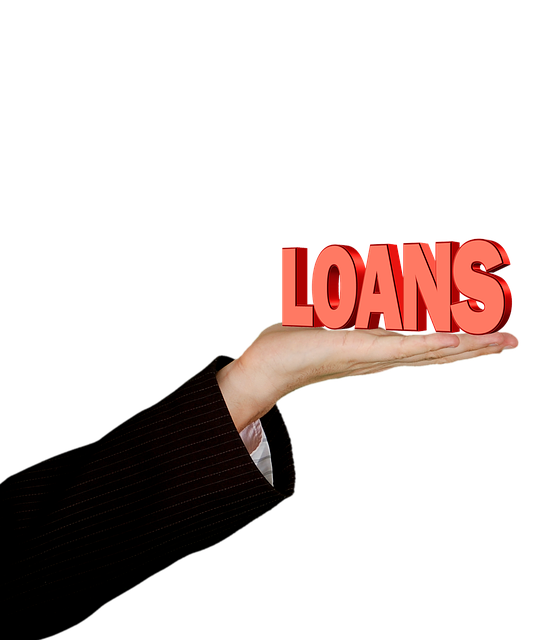You don’t have to tap into your personal savings account or credit cards to finance your business. While using personal funds is always an option, there are alternative ways to get money for your business, including private lending or a Paycheck Protection Program (PPP) loan. Unless you’re familiar with them, you might be wondering how private lending differs from a PPP loan.
Private Lending vs a PPP Loan: What’s the Difference?
What Is Private Lending?
 Private lending refers to the acquisition of a loan from a non-bank entity known as a private lender. Business loans are typically offered by two types of entities: banks and private lenders. With private lending, you can obtain money to finance your business from the latter entity under the agreement that you’ll pay it back — typically with interest.
Private lending refers to the acquisition of a loan from a non-bank entity known as a private lender. Business loans are typically offered by two types of entities: banks and private lenders. With private lending, you can obtain money to finance your business from the latter entity under the agreement that you’ll pay it back — typically with interest.
What Is a PPP Loan?
A PPP loan is a special type of loan implemented by the U.S. Small Business Administration (SBA). The PPP program was established in the early part of 2020 in response to the coronavirus pandemic. The federal government realized that many businesses were struggling, so it launched the PPP program to provide financial assistance to those affected by the pandemic. PPP loans are available through banks that participate in the SBA’s PPP program.
Benefits of Private Lending
 Financing your business through private lending offers several benefits. Most private lenders have a faster approval process than their bank counterparts. You can often get money from a private lender in just a week, whereas a bank may take several weeks to approve your application for a loan.
Financing your business through private lending offers several benefits. Most private lenders have a faster approval process than their bank counterparts. You can often get money from a private lender in just a week, whereas a bank may take several weeks to approve your application for a loan.
Obtaining a loan from a private lender is not only faster; it’s easier. Private lenders won’t scrutinize your business’s credit or your own personal credit. Whether you or your business have bad credit or no credit, you can obtain a loan from a private lender using collateral.
Private lenders are usually more responsive than banks. If you have a question or need assistance regarding your loan, you shouldn’t have trouble reaching a representative.
Benefits of a PPP Loan
There are benefits to financing your business with a PPP loan as well. The biggest benefit is the potential for forgiveness. If you use the PPP loan exclusively to cover eligible expenses — typically payroll, utilities and interest on mortgage — the SBA will foregive it. You can still use a PPP loan to cover other business-related expenses. Any expenses that don’t fall in the SBA’s approved list, though, won’t be forgiven, meaning you’ll have to repay that amount of the loan.
Unfortunately, many banks have already run out funds for their respective PPP loans. When the PPP program initially launched, banks were given a set amount of money to distribute to eligible businesses. Since then, many banks — both big and small — have depleted these funds.
This article was brought to you by�Intrepid Private Capital�Group�� A Global Financial Services Company. For more information on startup and business funding, or to complete a funding application, please visit our�website.









+ There are no comments
Add yours